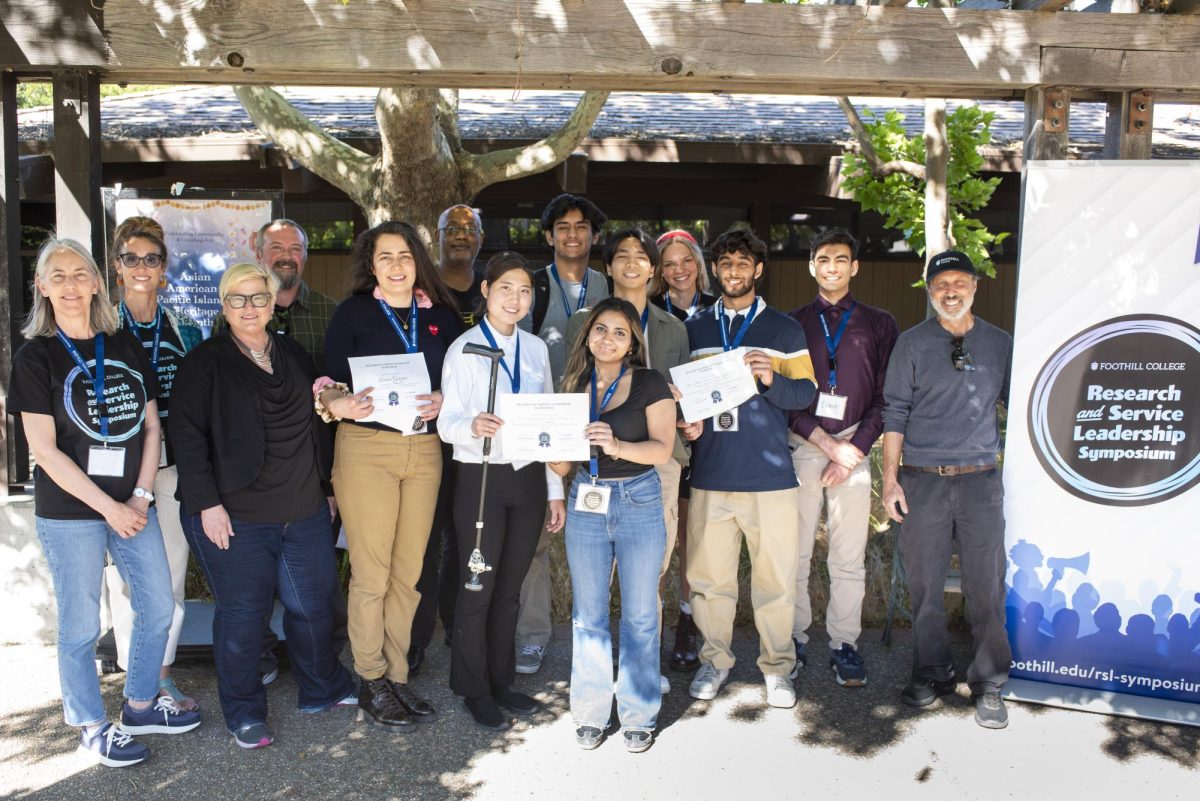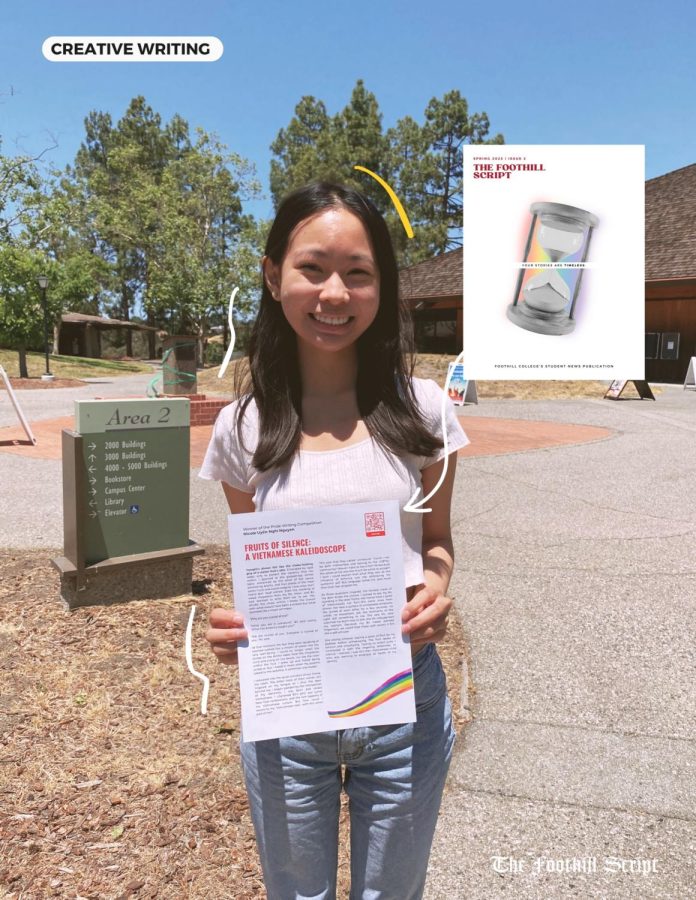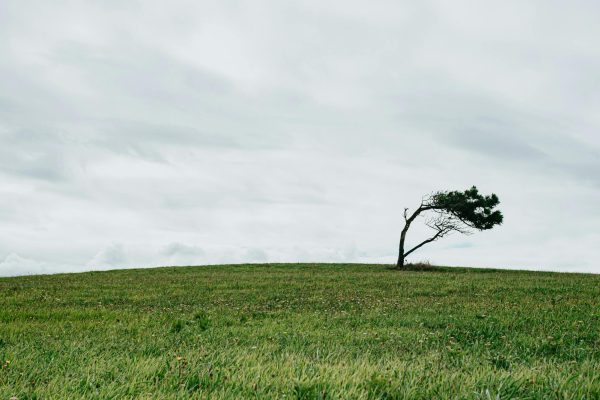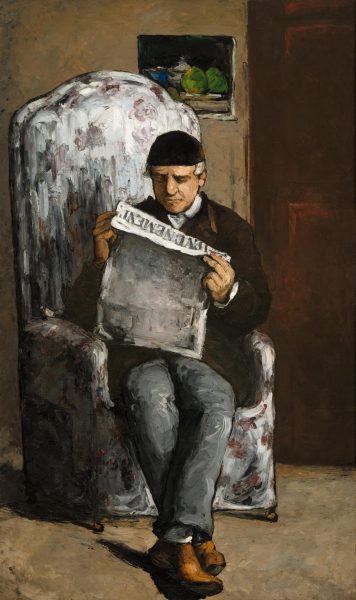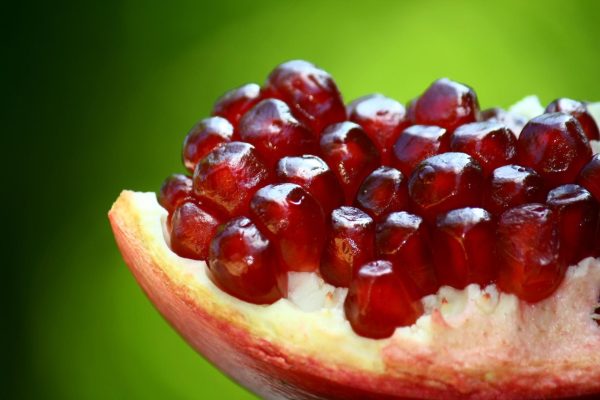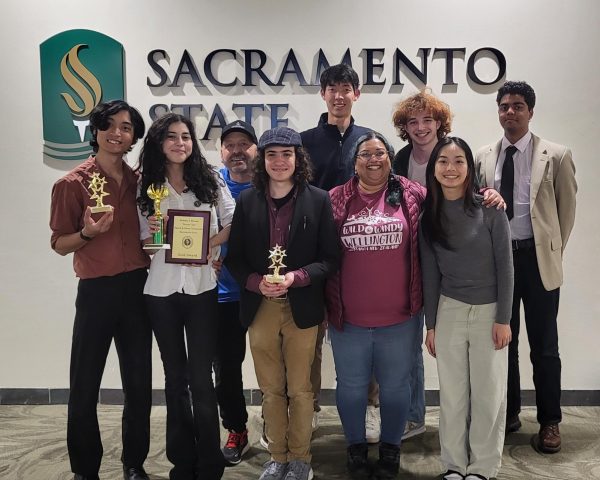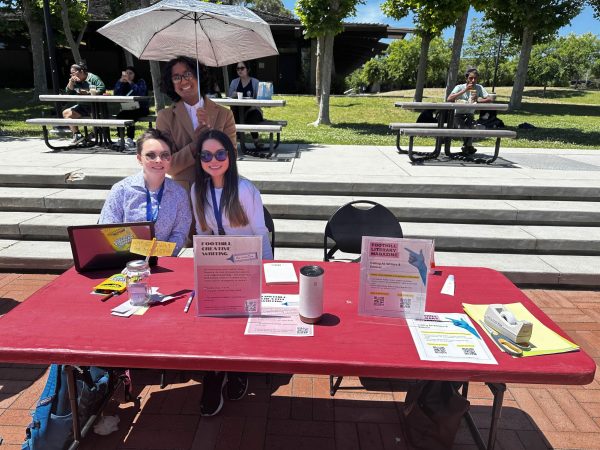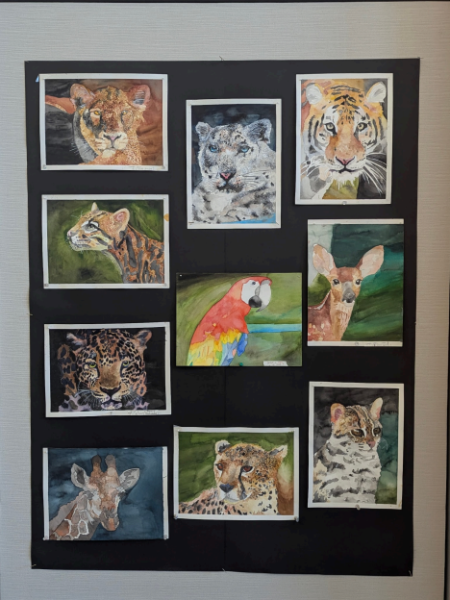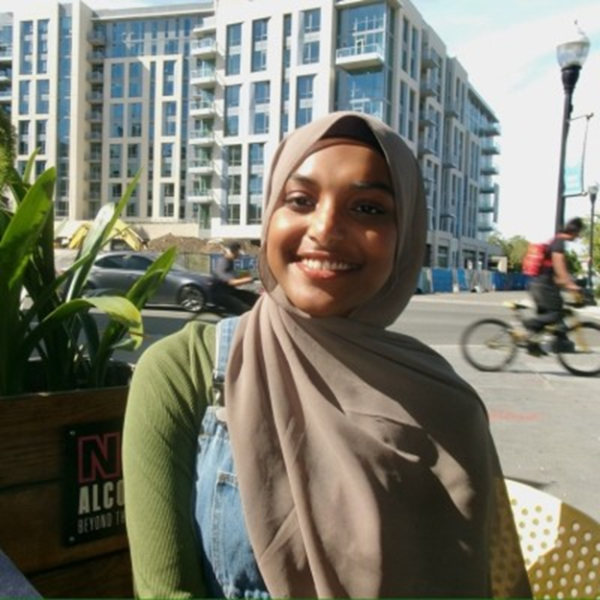Fruits of Silence: A Vietnamese Kaleidoscope
Tonight’s dinner felt like the choke-holding grip of a melon fruit’s skin. Entangled by rigid webs, only to protect the vibrancy that lies within. I glanced at the glassed-top dinner table, entranced by the smell of fish sauce, simmering broths, and fruit plates of the most exotic fruits one could imagine. I saw color, but I heard dull, loud silence. Even the clacking of wood chopsticks from my Mẹ, mom, and Bố, dad, seemed to echo from ear to ear. Yet, amidst the chaos within, I broke the silence with what should have been a scream but what sounded like a meek whimper.
“Why are you scared of me?”
“What you are is unnatural,” Bố said calmly, “What has America taught you?”
“We are scared of you. Everyone is scared of you,” Mẹ said.
At that moment, the fear they were speaking of seemed rushed like a stream of water into my very well-being. I could no longer smell the dishes on the dinner table, hear the chopsticks clink and clang on rice bowls, nor see the color within the fruit. I grew up and hated being yelled at, but I hated it more when my parents talked to me sedately. It somehow was louder.
I retreated into the quiet corridors of our home, my room. The bitter taste of their words still lingered on my tongue as I shut the door behind me. I began pondering the intersection of my identities; I was born and raised Vietnamese. I cherished Bố’s phở, our Lunar New Year celebrations, and the rich tapestry of my Vietnamese culture. But how could I reconcile my “Vietnamese-ness” with this other part of me?
This part that they called “unnatural.” Could I not be both Vietnamese and belong to the LGBTQ+ community? Would I have to live a half-life because the whole of me was too much for some to accept? I wish I could explain that what they saw as the influence of America was me embracing my authentic self. But language failed me, and more than that, fear gripped me.
As these questions lingered, the faintest creak of my door broke the silence. I turned to see my Mẹ standing in the door frame. Her hands held a plate of meticulously cut fruit—the same ones from dinner—her face a surface of unreadable emotions. We glared at each other for a few seconds, no words, no movement, yet, the familiarity of the sight did something to me. The very Mẹ who watched me learn how to talk, the Mẹ who painted my toenails (because my Bố hated painted fingernails, we could hide these with socks); it felt like a soft whisper.
She silently entered, leaving a plate of fruit by my bedside before withdrawing. The fruit spoke of tension and uncertainty. Tasting its sweet juice, I contrasted it with the lingering bitterness. In silence, I realized I was still their Vietnamese child who was learning to embrace all facets of my identity.






















































